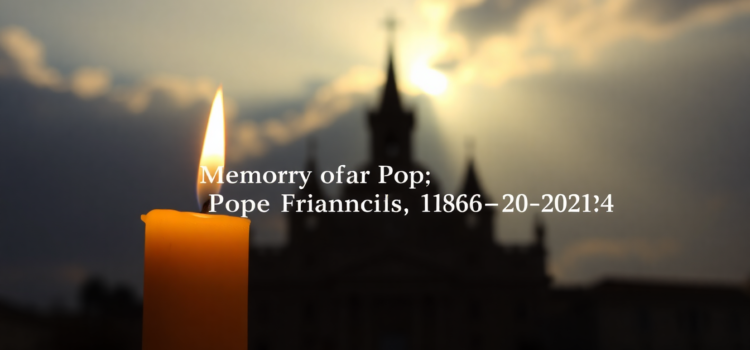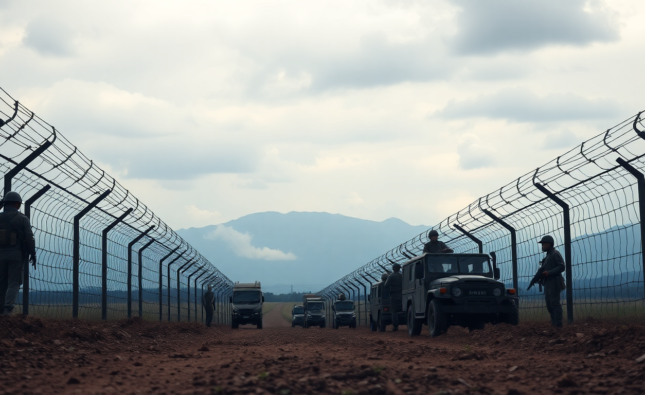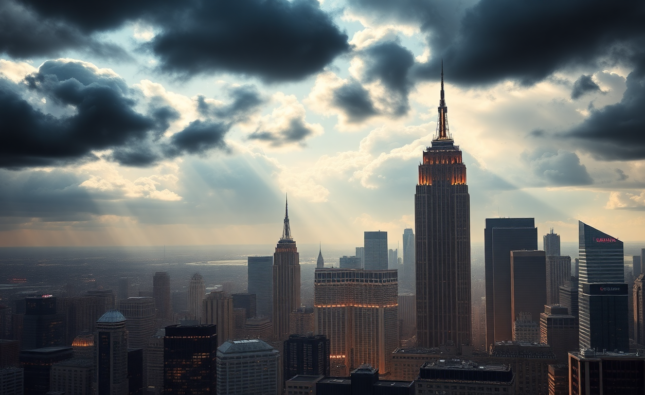
Pope Francis Dies at 88: Legacy and Implications for the Catholic Church
Pope Francis, the beloved leader of the Catholic Church [image source], has tragically passed away at age 88. According to the [Vatican death certificate](https://replicate.delivery/xezq/ukdHs7Phws4IGNvFuKKGopeMadeFKxxi7DyDFF1nfnRlSTKpA/out-0.png), the Pope died from a stroke, which was followed by a coma and irreversible heart failure. His passing occurred on Easter Monday at 7:35 p.m. local time in Rome, marking the end of a transformative era for an estimated 1.3 billion Catholic adherents worldwide.

A History of Health Challenges
Pope Francis had been confronting significant health issues before his death, which included hospitalization for double pneumonia, chronic lung disease, high blood pressure, and diabetes. This extensive history of ailments had contributed substantially to the Pope’s frail condition in the years leading up to his passing. The cause of Pope Francis’ death was definitively ascertained using electrocardiographic thanatography, a sophisticated medical technique aimed at confirming death with precision.
Papal Succession After Pope Francis
The death of Pope Francis promptly raises the question of who will be the next pope. The College of Cardinals is tasked with convening a papal conclave between 15 and 20 days post-mortem to determine his successor. This critical decision will shape the future of the Catholic Church and its global influence.
Funeral Arrangements and Burial
The Vatican has announced that Pope Francis’ remains will be transferred to St. Peter’s Basilica for public viewing starting on Wednesday. His funeral is expected to occur within four to six days posthumously. In a significant departure from tradition, Pope Francis will be laid to rest in the Basilica of Santa Maria Maggiore, instead of the typical papal burial within the Vatican. This decision aligns with the Pope’s last will and reflects his progressive approach to leadership.
Global Reaction
The passing of Pope Francis has prompted an outpouring of condolences from global leaders, religious leaders, and individuals around the world. Notably, President Donald Trump and First Lady Melania Trump have announced their intention to attend the funeral, underscoring the Pope’s substantial impact on global diplomacy and interfaith initiatives.
Legacy of Pope Francis
Pope Francis’ papacy was marked by his commitment to addressing social justice issues, fostering interfaith dialogue, and championing the rights of the impoverished and marginalized. His progressive papacy reshaped the priorities of the Catholic Church, leaving a lasting legacy that will continue to influence its direction for years to come.
Frequently Asked Questions
- What was the cause of Pope Francis’ death? Pope Francis died from a stroke, followed by coma and irreversible heart failure, as confirmed by the Vatican.
- How old was Pope Francis when he died? Pope Francis was 88 years old at the time of his passing.
- What happens to the Catholic Church after Pope Francis? The College of Cardinals will convene to select a new pope, whose leadership will shape the Church’s future.
- Who will be the next pope after Pope Francis? The next pope will be decided by the papal conclave, composed of eligible cardinals gathering to choose the new leader.
- What were the details of Pope Francis’ funeral? The Pope’s body will be publicly displayed at St. Peter’s Basilica, with the funeral expected to follow within 4 to 6 days post death.










Comments